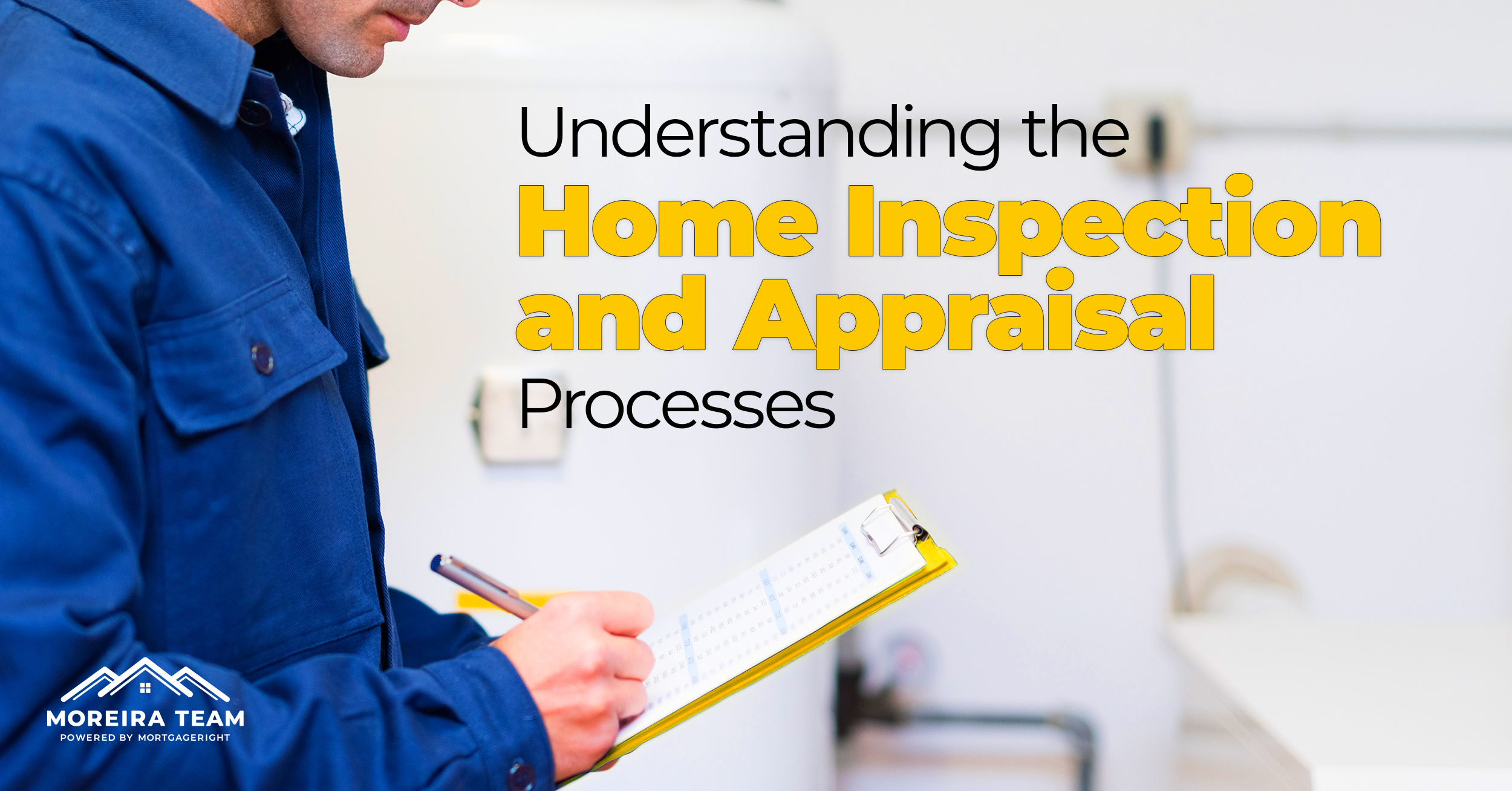
Now that the seller has accepted your offer, you are officially ready to enter the “closing process” as the final details of the real estate transaction are executed. When all is said and done, you will be the proud new owner of the home. However, it is important to understand what to expect during the closing process. More specifically, we want to talk about home inspections and appraisals.
The home inspection (or sometimes multiple inspections) and the appraisal are the two most critical aspects of the closing process. With the exception of the buyer’s funding falling through, the inspection and appraisal are the biggest hurdles faced by both the buyer and seller before the sale can be closed.
What is a Home Inspection?
Before a home can officially be sold, it must go through a home inspection by a third-party licensed home inspector. They will physically inspect the entire property to look for any significant concerns. Some known issues might have already been noted in the house listing as “disclosures.” The home inspector will assess any damage and note any specific findings.
The inspection report will be supplied to the buyer, seller and all parties involved. If previously undisclosed problems are found, the parties will have a chance to renegotiate aspects of the contract. In some cases, the seller will make the necessary repairs. In other cases, they may offer credits or discounts to the buyer. This latter option is common to keep there from being any further delays in the closing process. Or, the buyer can note that they understand the issues found in the inspection report and waive any contingencies.
Why is a Home Inspection Needed?
Depending on the type of property, its age and its location, secondary inspections may also be required or recommended by the primary home inspector. Specialists may be brought in to inspect for termites/pests, roofing, chimneys, basements, foundations or plumbing. Some houses located in areas with natural disaster concerns (floods, earthquakes, wildfires, etc.) may be subject to a specific inspection.
The home inspection is a very important and crucial part of the closing process to protect the buyer and mitigate risk for the seller.
What is a Home Appraisal?
Before a mortgage lender can officially approve a home loan, they will require a property appraisal from a licensed home appraiser. Again, this is done to protect the buyer and also the lender. Lenders don’t want to increase their risk by loaning more than the home is actually worth. If the appraisal comes in significantly lower than your offer price, you will want to work with your buyer’s agent and lender to determine what happens next.
A bad appraisal can sometimes delay or derail a real estate transaction, but it is ultimately a good thing for the buyer. You might be able to leverage the appraised value and negotiate a lower price with the seller. Or, you may end up pulling out of the contract if the numbers don’t make sense.
If you are buying a home, it is important to understand the closing process and how home inspections and appraisals work. They are there to protect the buyer and the lender from ending up with a bad deal.
For all your mortgage loan needs, contact Moreira Team today!

